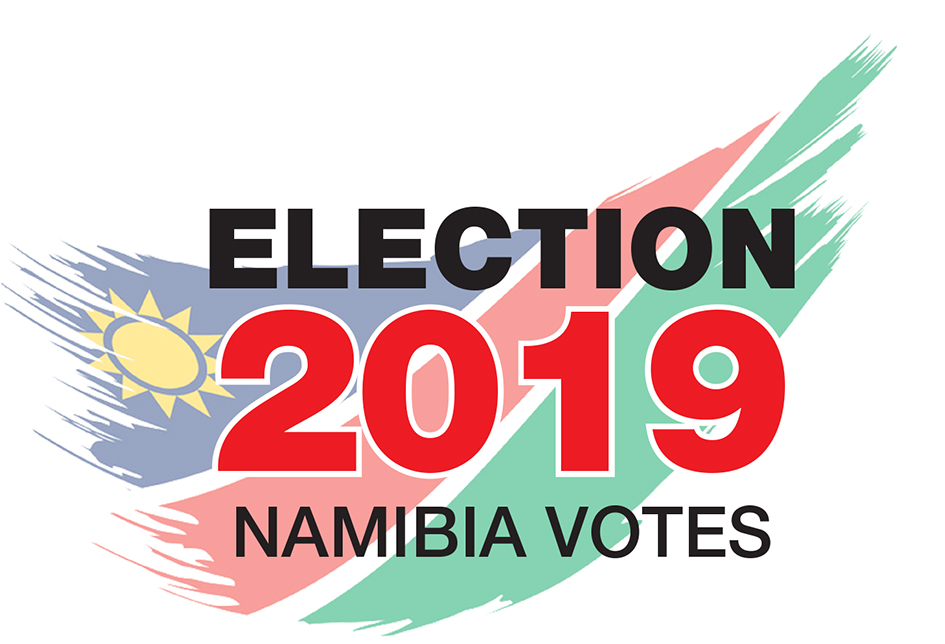The code of conduct for political parties contesting elections has been around for over two decades, despite some politicians now implying they were not aware of it
Political parties contesting the 27 November 2019 National Assembly and Presidential elections were set to sign the voluntary code of conduct at an Electoral Commission of Namibia (ECN) event on Tuesday, 29 October 2019, but most didn’t.
The failure to sign followed an apparent disruption of the signing event by the independent presidential election candidate Panduleni Itula, who effectively accused the ECN of attempting to coerce political parties and presidential candidates into signing a document they were not familiar with.
Itula basically accused the ECN of confronting the political parties with a new code of conduct.
A news report of the event stated that “party representatives argued that the commission was forcing them to sign a code of conduct on which they were not consulted as stakeholders”.
The report also noted that ECN chief electoral officer Theo Mujoro responded that “the code of conduct was not new, and he therefore expected every political party to know about it”.
In the end the Windhoek meeting descended into chaos and only two – the ruling Swapo Party and the National Democratic Party (NDP) – of the 15 political parties contesting this year’s elections signed the code of conduct.
What we assessed:
- The implied claim by independent presidential election candidate Panduleni Itula that the code of conduct for political parties and candidates was a new document.
What we found:
- Itula’s claim was clearly false, as the code of conduct, as pointed out by ECN chief electoral officer Theo Mujoro, was “not new” and has in fact been around and in use since 1992.
And while the Electoral Act of 2014, Chapter 4, article 145, states that the “Commission must by notice in the Gazette issue a Code of Conduct for Political Parties”, signing up to the code of conduct was a voluntary. However, political parties are actually coerced in some way into signing up to the code because the legal threat exists that parties could be de-registered if they don’t comply with it.
To assess the similarities between the original 1992 and the 2019 code of conduct, go here for the original version and here for the newest one. The code is also accessible on the landing page of the ECN website.

